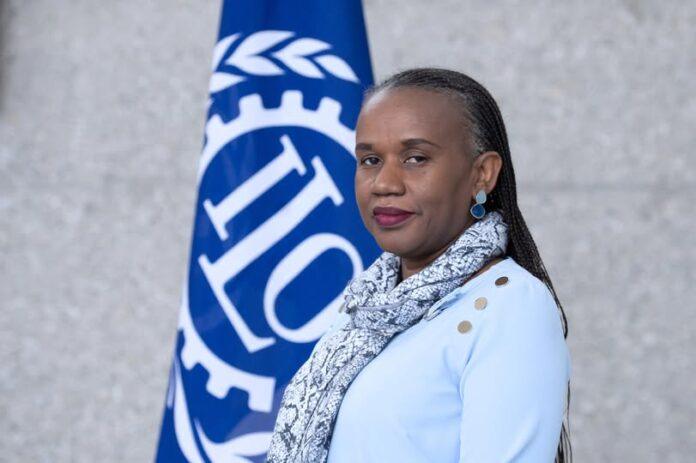
Fanfan Rwanyindo, ILO Regional Director for Africa
14th June 2025
Today is Domestic Workers Day, the 14th anniversary of the adoption of the first international labour standard that recognized paid care within the home – domestic work – as work.
Africa is home to approximately 9.6 million domestic workers in Africa over the age of 15, who sustain countless households while quietly anchoring the economies of cities, towns, and rural communities. At all hours of the day and night, domestic workers ensure the wellbeing of families, yet their own wellbeing too often goes unnoticed, especially in times of crisis.
From the lasting impacts of COVID-19 and armed conflict, to inflationary pressures, climate-driven displacements and natural disasters such as droughts or floods, crises continue to weigh heavily across the African continent. These disruptions magnify social and economic inequalities and stretch already fragile protection systems.
Domestic workers, the majority of whom are women, are among those most affected. During times of upheaval, they are often the first to lose jobs, the last to receive support, and the least likely to be covered by social protection. Migrant domestic workers and those living with disabilities face even greater risks of abuse and discrimination.
Yet in the face of crisis, domestic workers continue to care. They cook meals for others while skipping their own. They care for children, the elderly and persons with disabilities with dedication, despite facing threats to their own security. Their work is essential, not only to the families they serve but to the broader economy.
In Africa, care and domestic work are foundational to our survival and resilience. An estimated 15.8% of Africa’s paid female employees are domestic workers. But this vital work is undervalued and underpaid. Too many domestic workers are in informal employment, working without written contracts, minimum wage guarantees, healthcare or unemployment benefits.
In some African countries, they are excluded from national labour laws. In many others, enforcement of existing laws is weak or non-existent. Without access to maternity leave, healthcare, or safe working conditions, domestic workers are asked to care for others while their own care needs go unmet.
There is a better way forward. Governments in Africa can take steps to ratify and implement the ILO’s Domestic Workers Convention, 2011 (No. 189), and ensure its principles are reflected in national laws. So far, only seven countries in Africa have ratified it. We can and must do better.
In addition, Governments can legislate to require that domestic workers receive minimum wage. Trade unions can organize domestic workers to demand increased legal protection.
Employers can act in solidarity by ensuring that they pay fair wages and provide decent working conditions. Societies can recognize care and domestic work as an essential economic driver, and not only as a private matter inside homes.
Making domestic work decent work is not just the right thing to do, it is a strategic investment in the health, safety and resilience of African societies. This Domestic Workers Day, let us commit to putting care at the heart of crisis response, recovery, and reform. Because when domestic workers are protected, valued and respected, entire communities thrive.








